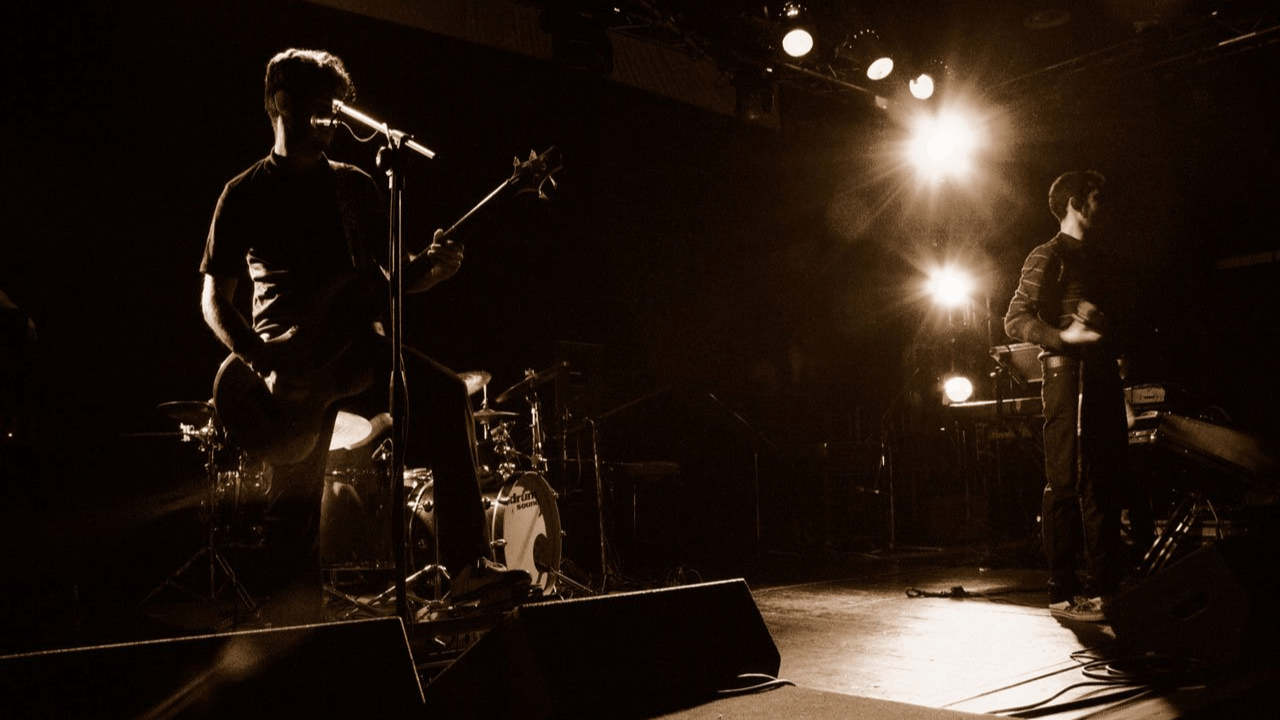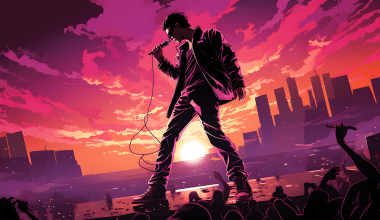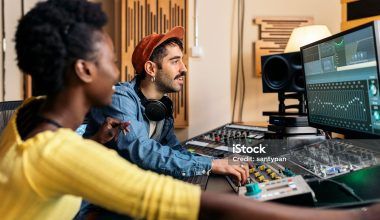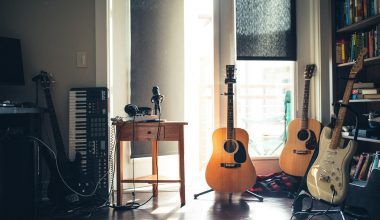When the words “DJ come” to mind, you might think of someone behind turntables, igniting dance floors with beats and rhythms. But there’s so much more to being a DJ. From humble beginnings to ruling global stages, the journey of a DJ is an inspiring blend of passion, creativity, and resilience.
In this comprehensive guide, we’ll dive into what it means to be a DJ, how DJs rise to prominence, and the impact they have on music and culture. Whether you’re an aspiring DJ or a fan, this blog will give you an in-depth understanding of the world of DJs.
What Does It Mean to Be a DJ?
A DJ (Disc Jockey) is someone who plays, mixes, and manipulates music tracks for an audience. But being a DJ is more than just playing songs; it’s about curating an unforgettable musical experience.
When we say “DJ come,” it symbolizes the arrival of creativity, energy, and connection. DJs bridge the gap between music and emotions, turning ordinary gatherings into extraordinary memories.
The Evolution of DJs: How Did DJs Come to Be?
DJs have been shaping music culture for decades. Here’s a brief history:
1. The Early Days
In the 1940s, the term “disc jockey” emerged when radio hosts started playing recorded music.
2. The Club Scene
By the 1970s, DJs became central to dance clubs and disco culture. Mixing vinyl records on turntables revolutionized live music.
3. Hip-Hop and DJing
In the 1980s, DJs like Grandmaster Flash brought scratching and beat juggling into hip-hop, elevating the art form.
4. Digital Revolution
In the 2000s, digital tools like CDJs and DJ software made it easier for anyone to start DJing.
Today, DJs are global icons, headlining festivals and shaping the future of music.
How Do DJs Come Into the Spotlight?
For a DJ to rise to prominence, talent alone isn’t enough. Here’s how DJs come into the limelight:
1. Mastering the Craft
Successful DJs invest time in learning skills like beatmatching, mixing, and scratching. They understand how to read a crowd and deliver the right energy.
2. Building a Unique Style
A DJ’s signature sound sets them apart. Whether it’s techno, hip-hop, or EDM, having a unique style makes a DJ memorable.
3. Networking and Collaboration
Networking is vital. DJs often collaborate with producers, venues, and other artists to expand their reach.
Platforms like Instagram, TikTok, and SoundCloud help DJs showcase their talent and grow their fan base.
5. Live Performances
Performing at clubs, events, and festivals helps DJs connect with audiences and gain recognition.
Skills Every DJ Must Master
To make a name in the DJ world, these skills are essential:
1. Beatmatching
Aligning the beats of two tracks for seamless transitions.
2. Mixing
Blending tracks creatively to maintain energy and flow.
3. Scratching
Manipulating vinyl records to create rhythmic sounds.
4. Crowd Reading
Understanding the audience’s vibe and playing the right tracks at the right time.
5. Technical Knowledge
Knowing how to use DJ equipment like mixers, turntables, and software effectively.
Challenges DJs Face
While the idea of being a DJ sounds glamorous, the journey is filled with challenges:
1. Breaking Through the Competition
The DJ scene is highly competitive. Standing out requires persistence and creativity.
2. Constantly Evolving Technology
DJs must stay updated with the latest tools and software to remain relevant.
3. Building a Brand
Establishing a personal brand that resonates with audiences takes time and effort.
4. Balancing Art and Business
DJs must manage both their creative expression and the business side of their career.
DJ Equipment: Tools of the Trade
When “DJ come” to mind, so do their tools. Here’s a look at essential DJ equipment:
1. Turntables
Classic vinyl players for traditional DJs.
2. CDJs
Digital players that use CDs or USB drives for music playback.
3. Mixers
The heart of a DJ setup, used to control transitions and effects.
4. DJ Controllers
Compact devices that integrate with software for digital mixing.
5. Headphones
Critical for cueing tracks and beatmatching.
Choosing the right equipment depends on your style and budget.
Tips for Aspiring DJs
If you’re dreaming of becoming a DJ, here’s how to get started:
1. Learn the Basics
Start by understanding beatmatching, mixing, and transitions.
2. Practice Regularly
Dedicate time daily to hone your skills.
3. Experiment with Genres
Explore different music styles to discover your unique sound.
4. Build a Portfolio
Record mixes and share them on platforms like SoundCloud or Mixcloud.
5. Network
Connect with local venues, other DJs, and event organizers.
The Impact of DJs on Music Culture
DJs are more than entertainers—they shape music trends, introduce new genres, and create unforgettable experiences. From festivals like Tomorrowland to intimate club nights, DJs bring people together through music.
When DJs come onto the stage, they’re not just playing songs; they’re crafting an experience.
Conclusion:
The phrase “DJ come” represents more than just an artist arriving on stage—it symbolizes the energy, talent, and dedication that DJs bring to the music world. Whether you’re an aspiring DJ or a music fan, understanding the journey and impact of DJs deepens your appreciation for this dynamic art form.
So, the next time you see a DJ come to the decks, remember the hard work, creativity, and passion that make their performance unforgettable.
Related Articles:
For further reading, explore these related articles:
- Find the Perfect Professional DJ Mixer for Your Setup
- Master DJ: Your Path to Becoming a DJ Superstar
- Master DJing: Tips, Skills, and Gear for Aspiring DJs
For additional resources on music marketing and distribution, visit Deliver My Tune.






